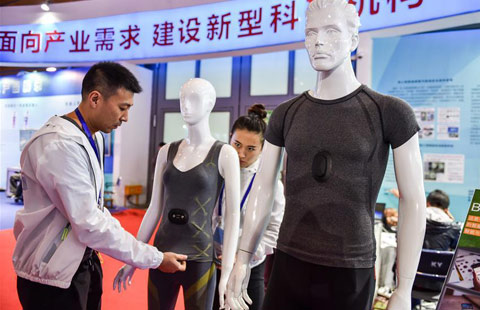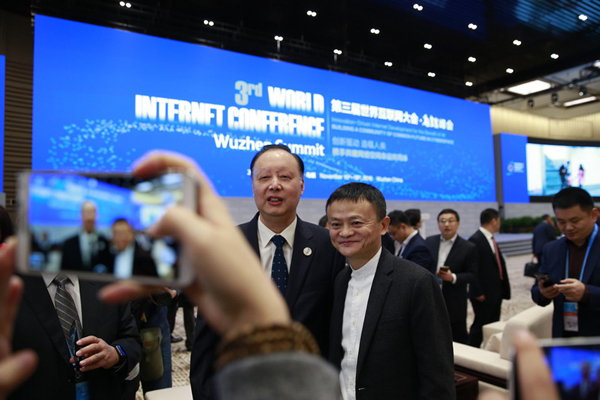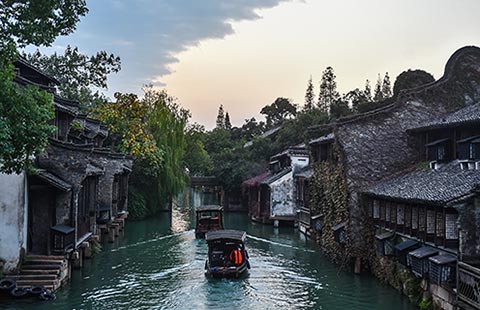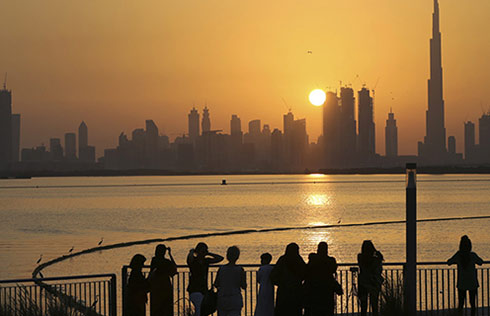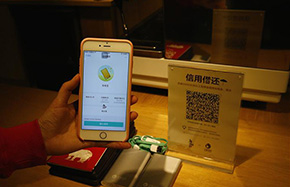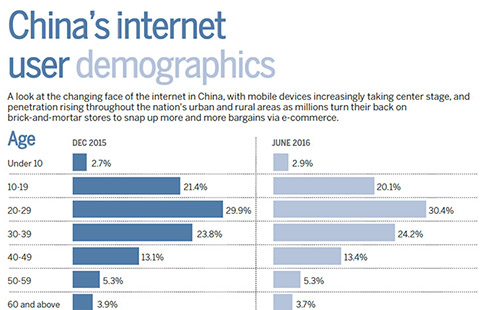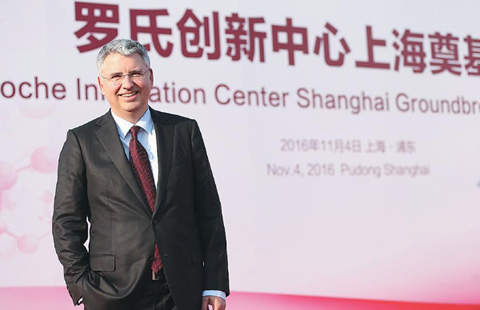The rich seek luxury - away from home
The rise of individual tourism among wealthy Chinese is another key trend. Nick Debnam, KPMG's Asia Pacific chairman in consumer markets, said global brands need to pay attention to China's luxury consumers now more than ever.
"What we are now seeing is that the brands which are well positioned in China are receiving a boost in overseas markets from the emergence of a surging new class of traveling and well-off Chinese consumers," he said.
Besides avoiding the high prices for luxury items in China, many affluent Chinese, said analysts, are attracted to the experience of a shopping spree. According to a report by CLSA, a Hong Kong-based brokerage, there is a wider selection in the luxury item's country of origin. There also may be limited editions overseas for special occasions such as Valentine's Day or Christmas. Hermes in China, for example, does not have a central buyer, so its product offerings vary from store to store.
As many affluent Chinese change their shopping behavior, they are also expecting more in terms of customer service in stores. Both Bain and CLSA pointed to the fact that global luxury brands need to adjust their marketing approach in China or face the prospect of not being able to keep up with the demands of the Chinese consumer.
Debnam from KPMG said brands need a global strategy for Chinese consumers both internationally and locally.
"This means you will need a strong market position within China," Debnam said. "They also need the right product offering available in international stores."
Sage Brennan, co-founder of China Luxury Network, a forum for China's luxury sector, said: "Reaching the Chinese consumer is not just about launching retail locations in China.
"Chinese consumers have gone global and they expect brands to recognize their preferences and treat them appropriately," he said.
To give consumers in China the same experience as in France and Italy, some luxury brands are tapping into in-store impulses for China's biggest spenders, offering them exclusive perks, such as custom-made products or once-in-a-lifetime experiences.
According to The Wall Street Journal, Louis Vuitton recently took 10 of its most valued Chinese clients to Mongolia for a helicopter tour, landing at various luxury resorts to watch private camel-polo tournaments.
The French luxury giant is planning more similar events to "provide an experience to customers that they wouldn't necessarily think of", a company spokesman said.
In July, it opened a four-story Shanghai outlet equipped with an apartment for private client events and a parlor where VIPs can custom-design their own bags and leather shoes.
Wang Qifei, a 28-year-old fashion lover who said she flies to Hong Kong for some shopping whenever she gets bored, said she receives special gifts and greeting cards from Chanel on her birthdays. Wang, who works as the general manager of her father's insurance company in Beijing, is among the capital's wealthy second generation, who spend extravagantly on luxuries such as cars and cosmetics.
Many wealthy Chinese said that it's not enough to be rich and that they want VIP services, such as having the owner of the most expensive restaurant in town personally serving them.
Zhou Ting, executive director at the luxury goods and services research center at the University of International Business and Economics in Beijing, said for luxury companies, marketing efforts such as sending handwritten cards, arranging invitation-only events and recognizing who the big spenders are in their stores are required to win these customers' loyalty.
- Luxury car sales in overdrive
- China's first luxury cruise liner ready to make waves
- China's first luxury liner cruises into service
- Chinese brands struggle in luxury market
- Luxury brands snake their way into China
- Chinese travel overseas for luxury goods: survey
- Middle-class Chinese snap up overseas luxury
- Luxury maternity centers raise safety concerns




